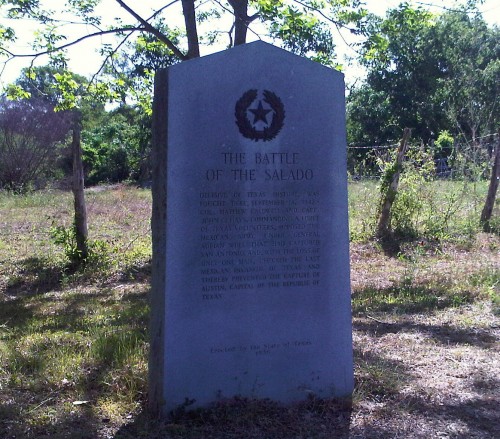From an Amazon customer review of one of Tom Russell’s albums:
Twice in my life, while driving in heavy freeway traffic, I’ve heard songs so good on the radio that I had to pull off the road and collect my thoughts. Turns out Tom Russell wrote both of ’em.
I’ve never had to actually pull off the road, but there’s no denying that TR’s songs pack a considerable emotional punch…indeed, I think Russell is one of the most talented singer/songwriters working today. I’ve been meaning to write a review of his work for some time, and was stirred into action by L C Reese’s post Grasshoppers and Frost, which reminded me of some lines from Russell’s song Ambrose Larsen:
The blackbirds and the locusts, destroyed our corn and wheat
The hawks they ate the chickens, the wolves our mutton meat
With traps and dogs and shotguns loud, we fought this old wild ground
Our children caught the fever, but no doctors were around
(listen here)
The above is from TR’s album The Man From God Knows Where, a song-cycle about the American immigrant experience based in part on the lives of his own Norwegian and Irish ancestors. “Concept albums often fall flat because they are too explicit” noted an SFGate review of this work, “…but The Man From God Knows Where triumphs by laying out the story of one man’s family in intimate detail while developing general themes that inform all our lives.”
